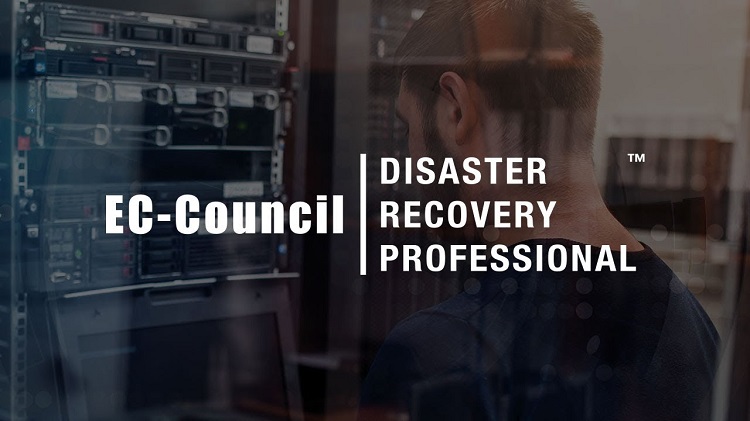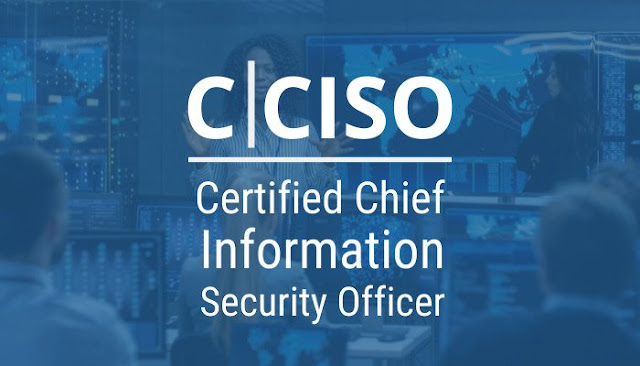About the Certified Ethical Hacker (Practical)
C|EH Practical is a six-hour, rigorous exam that requires you to demonstrate the application of ethical hacking techniques such as threat vector identification, network scanning, OS detection, vulnerability analysis, system hacking, web app hacking, etc. to solve a security audit challenge.
This is the next step after you have attained the highly acclaimed Certified Ethical Hacker certification.
More Info: 312-50: Certified Ethical Hacker (CEH)
Professionals that possess the C|EH credential will be able to sit for exam that will test them to their limits in unearthing vulnerabilities across major operating systems, databases, and networks.
You will be given limited time, just like in the real world. The exam was developed by a panel of experienced SMEs and includes 20 real-life scenarios with questions designed to validate essential skills required in the ethical hacking domains as outlined in the C|EH program.
It is not a simulated exam but rather, it mimics a real corporate network through the use of live virtual machines, networks, and applications, designed to test the your skills.
You will be presented with scenarios and will be asked to demonstrate the application of the knowledge acquired in the C|EH course to find solutions to real-life challenges.
The World’s First Ethical Hacking Industry Readiness Assessment That Is 100% Verified, Online, Live, Proctored!
C|EH (Practical) Credential Holders Are Proven To Be Able To:
◉ Demonstrate the understanding of attack vectors.
◉ Perform network scanning to identify live and vulnerable machines in a network.
◉ Perform OS banner grabbing, service, and user enumeration.
◉ Perform system hacking, steganography, steganalysis attacks, and cover tracks.
◉ Identify and use viruses, computer worms, and malware to exploit systems.
◉ Perform packet sniffing.
◉ Conduct a variety of web server and web application attacks including directory traversal, parameter tampering, XSS, etc.
◉ Perform SQL injection attacks.
◉ Perform different types of cryptography attacks.
◉ Perform vulnerability analysis to identify security loopholes in the target organization’s network, communication infrastructure, and end systems etc.
Training Course For the C|EH (Practical)
The preparatory course for this certification is the Certified Ethical Hacker course. While there is no additional course or training required, we strongly recommend that you attempt the C|EH (Practical) exam only if you have attended the current C|EH course/equivalent. The aim of this credential is to help set gifted ethical hacking practitioners apart from the crowd.
About the Exam
Exam Title: Certified Ethical Hacker (Practical)
Number of Practical Challenges: 20
Duration: 6 hours
Availability: Aspen – iLabs
Test Format: iLabs Cyber Range
Passing Score: 70%
Eligibility Criteria
There is no predefined eligibility criteria for those interested in attempting the CEH(Practical) exam. You can purchase the exam dashboard code here
Clause: Age Requirements and Policies Concerning Minors.
The age requirement for attending the training or attempting the exam is restricted to any candidate that is at least 18 years old.
If the candidate is under the age of 18, they are not eligible to attend the official training or eligible to attempt the certification exam unless they provide the accredited training center/EC-Council a written consent of their parent/legal guardian and a supporting letter from their institution of higher learning. Only applicants from nationally accredited institution of higher learning shall be considered.
Disclaimer:
◉ EC-Council reserves the right to impose additional restriction to comply with the policy. Failure to act in accordance with this clause shall render the authorized training center in violation of their agreement with EC-Council.
◉ EC-Council reserves the right to revoke the certification of any person in breach of this requirement.
How to Schedule the C|EH (Practical) Exam
Application Process
◉ In order to proceed with the exam the below steps will need to be completed:
◉ The exam dashboard code can be purchased here.
Upon successful purchase, the candidate will be sent the exam dashboard code with instructions to schedule the exam.
Note: The exam dashboard code is valid for 1 year from date of receipt.
◉ Should you require the exam dashboard code validity to be extended, kindly contact practicals@eccouncil.org before the expiry date. Only valid/ active codes can be extended.
◉ The exam needs to be scheduled a min 3 days prior to the desired exam date. Exam slots are subject to availability.
Exam Sanctity
The trust that the industry places in our credentials is very important to us. We see it as our duty to ensure that the holders of this credential are proven hands-on, ethical hackers who are able to perform in the real world to solve real world challenges.
As such, the C|EH Practical is designed as a hands-on exam that will test the skills of the ethical hacker BEYOND just their knowledge.
This exam is a proctored, practical exam that can last up to 6 hours.
Source: cert.eccouncil.org


























